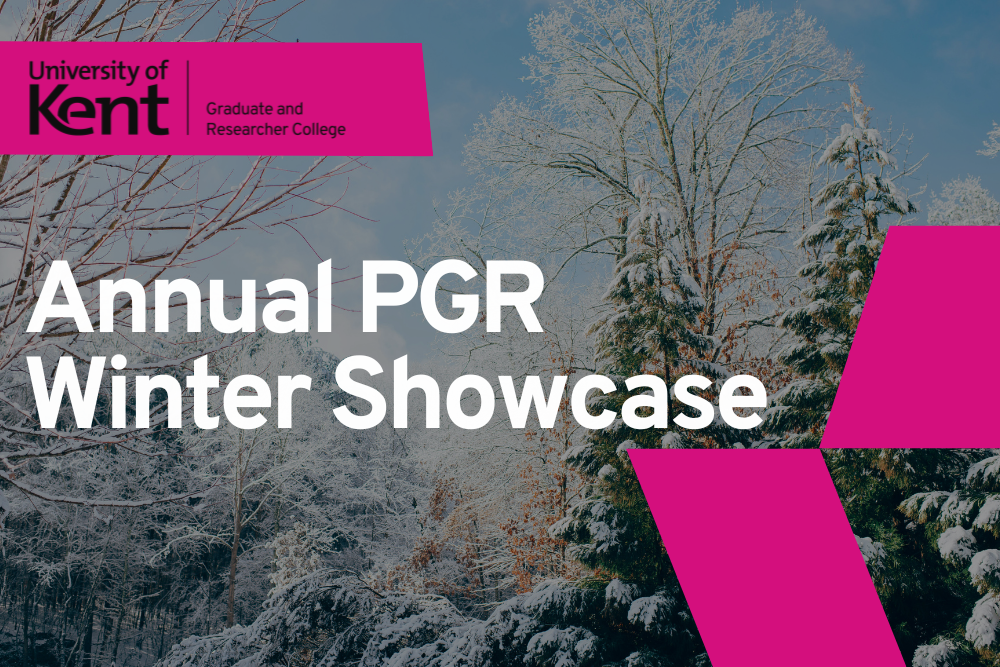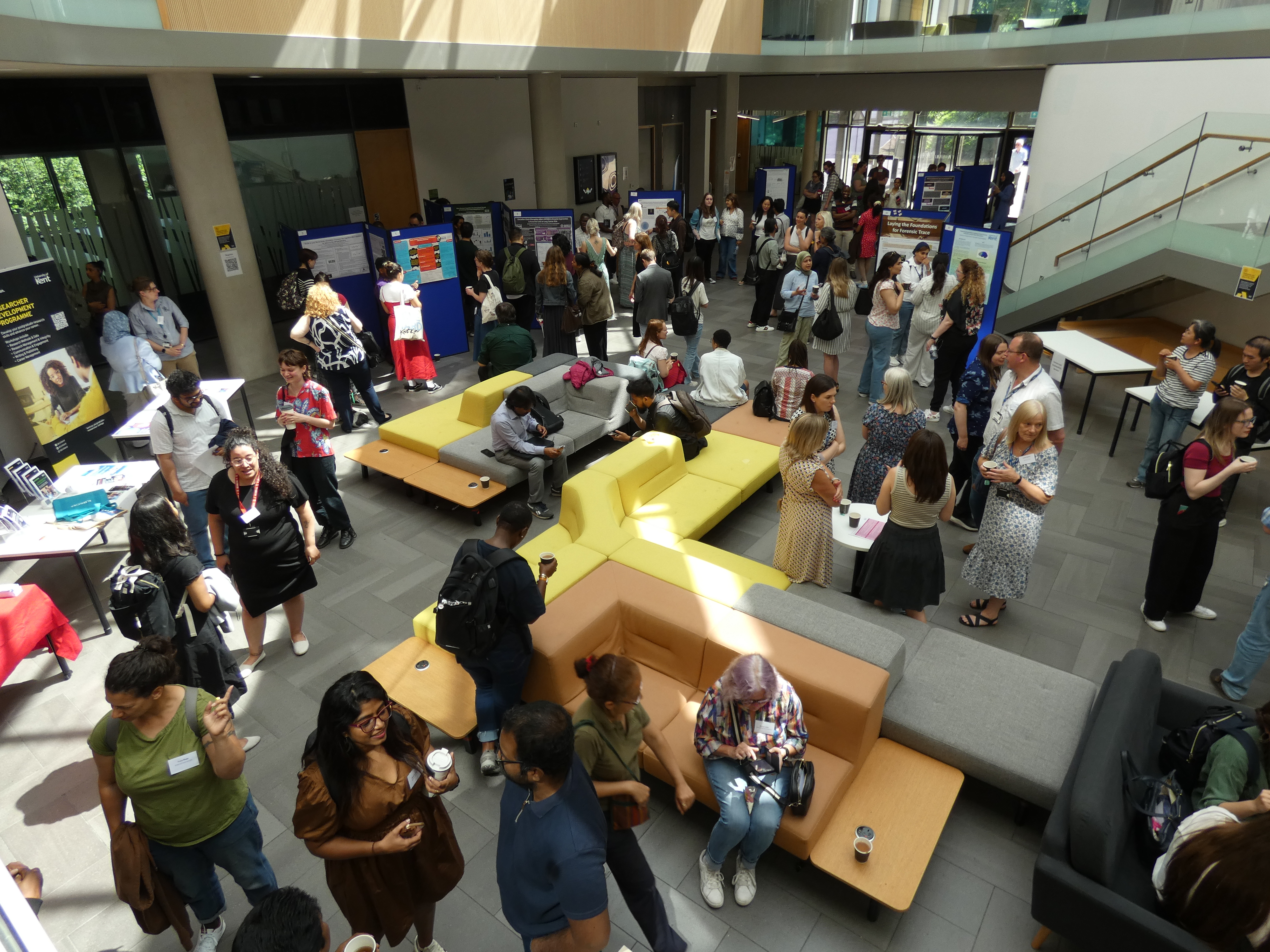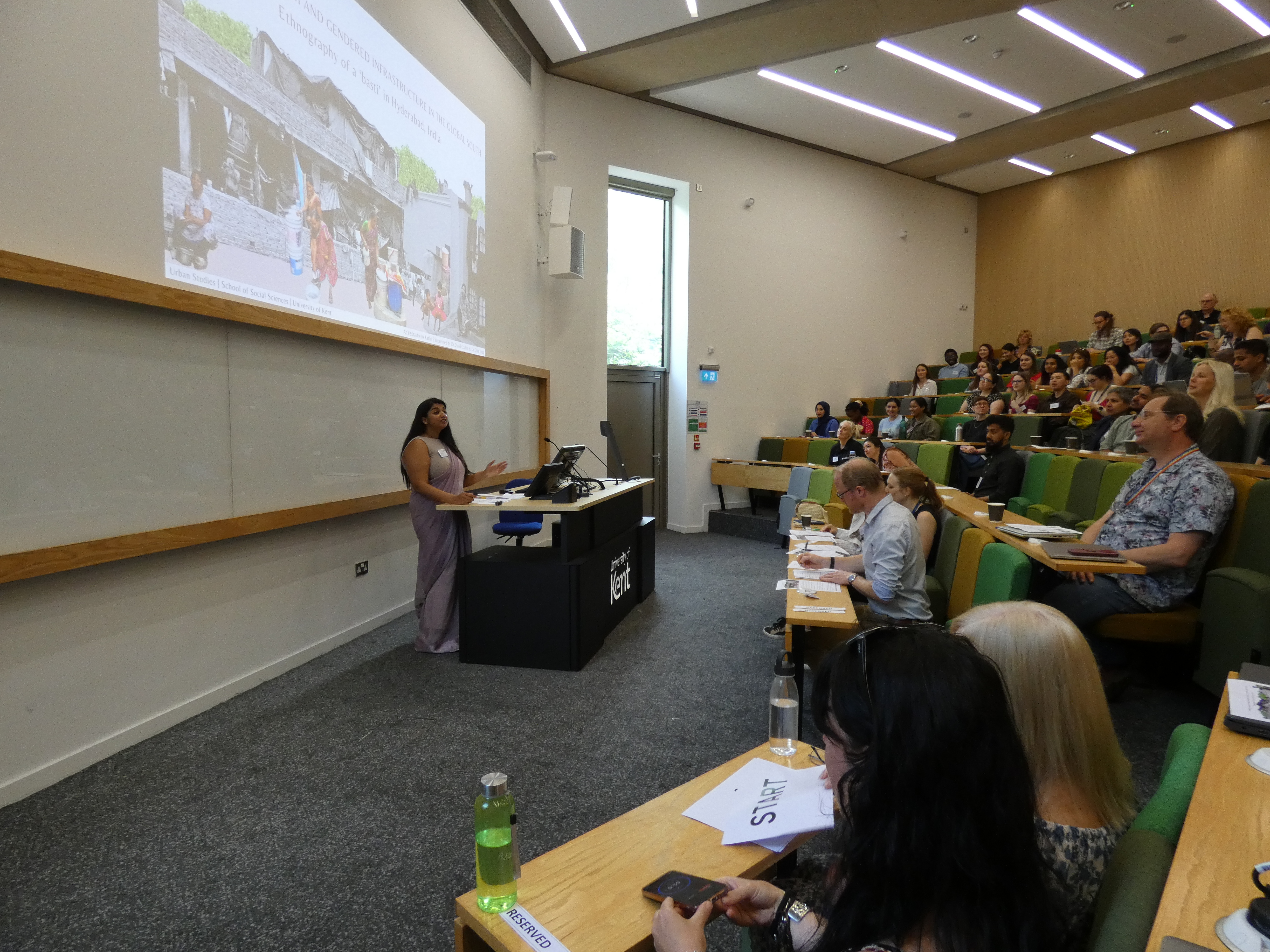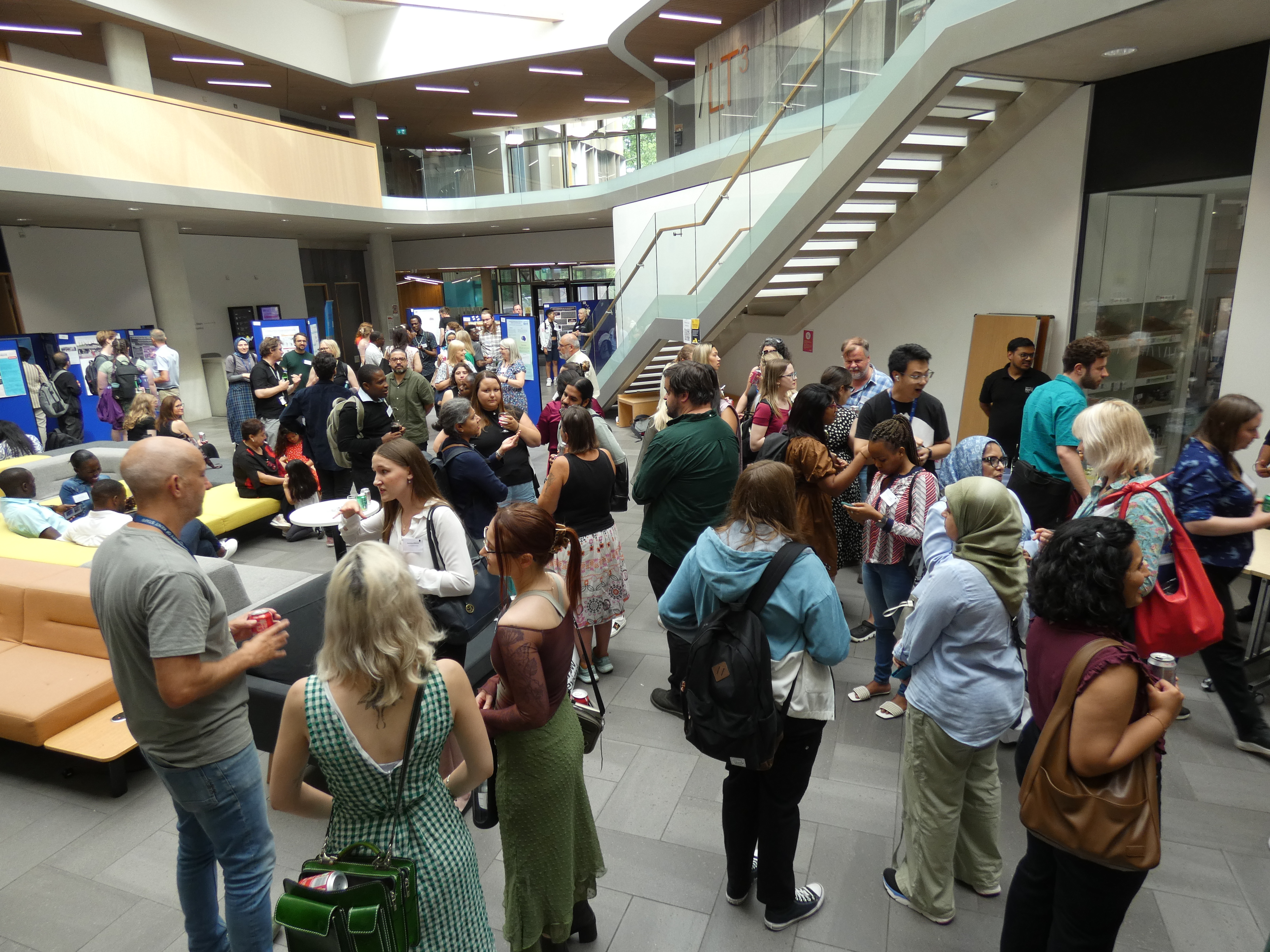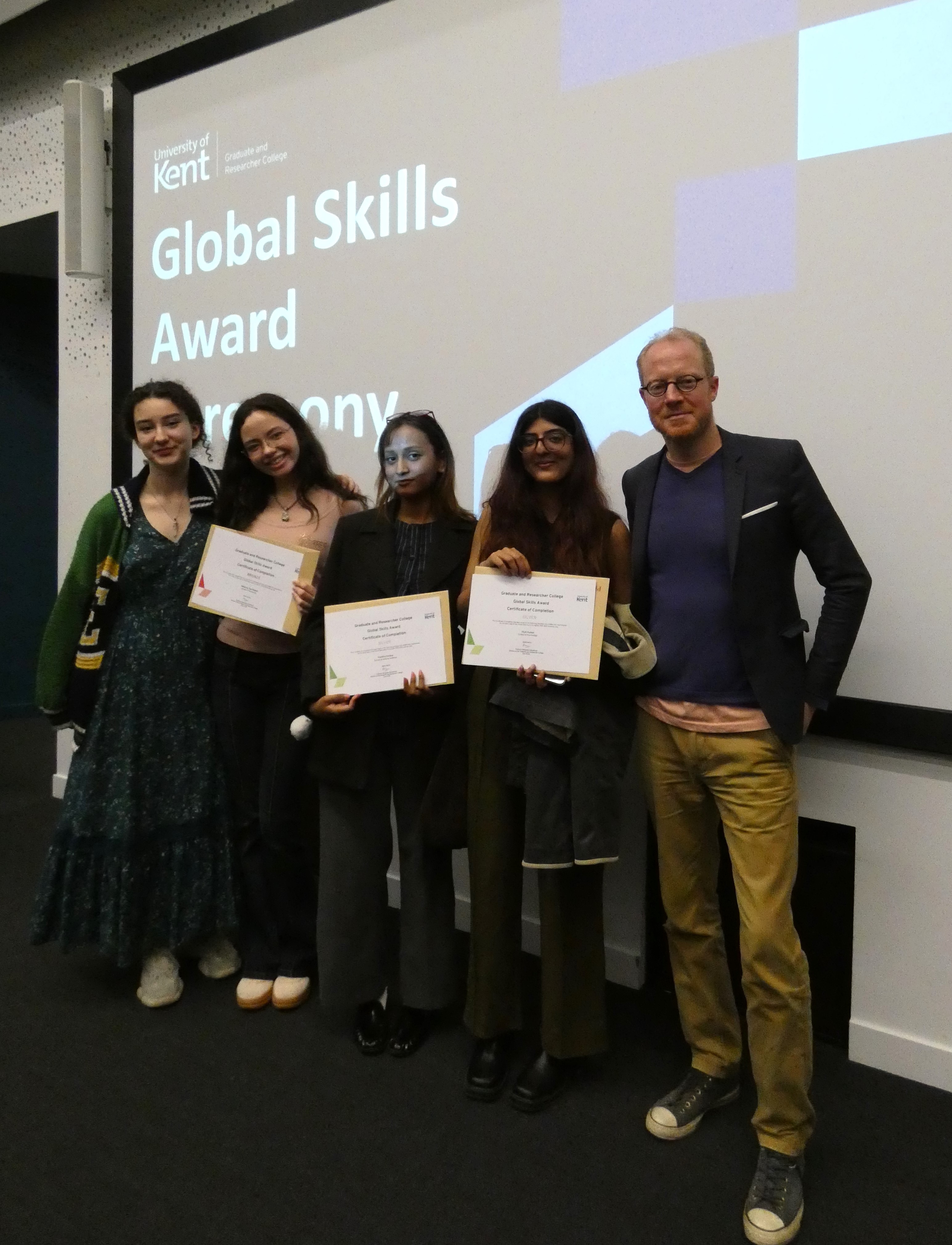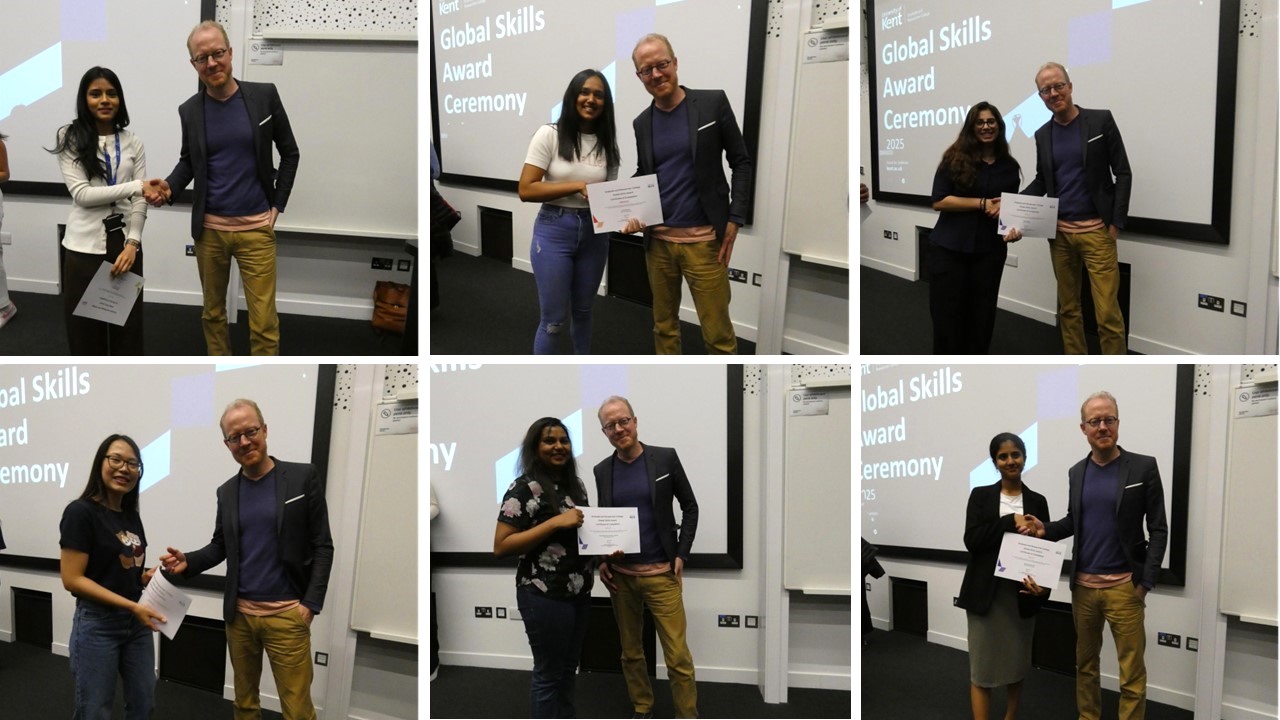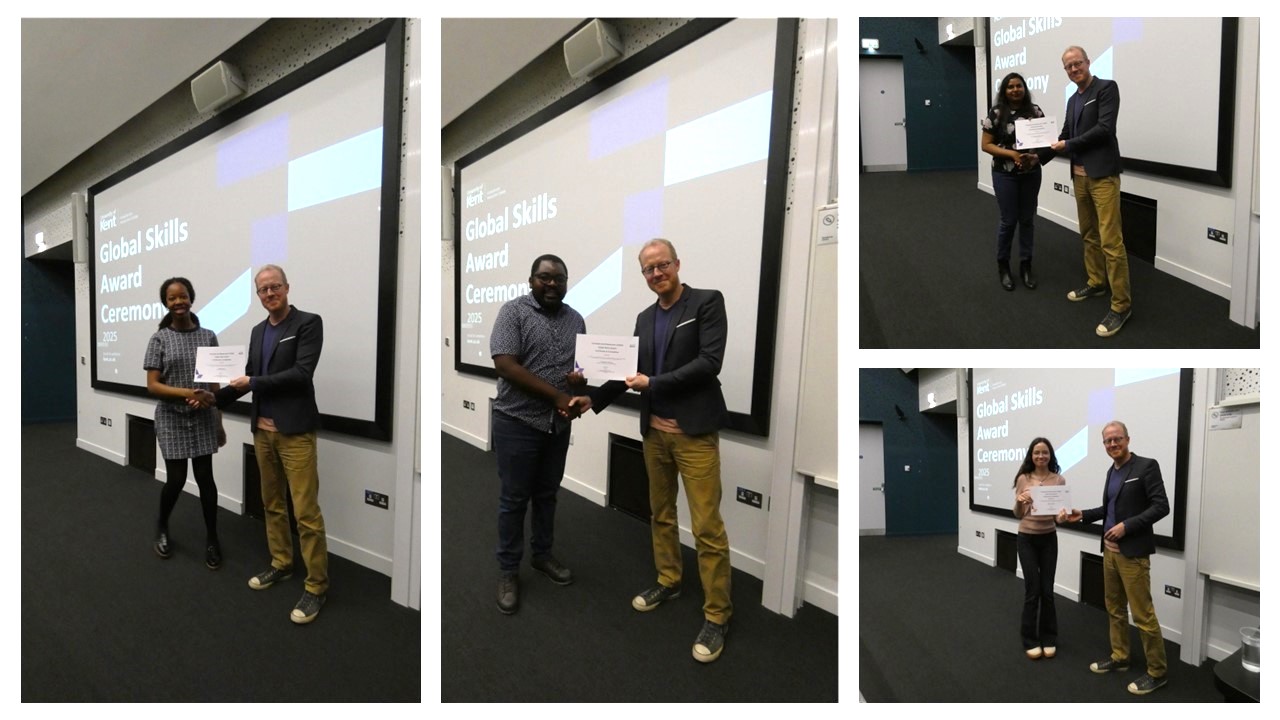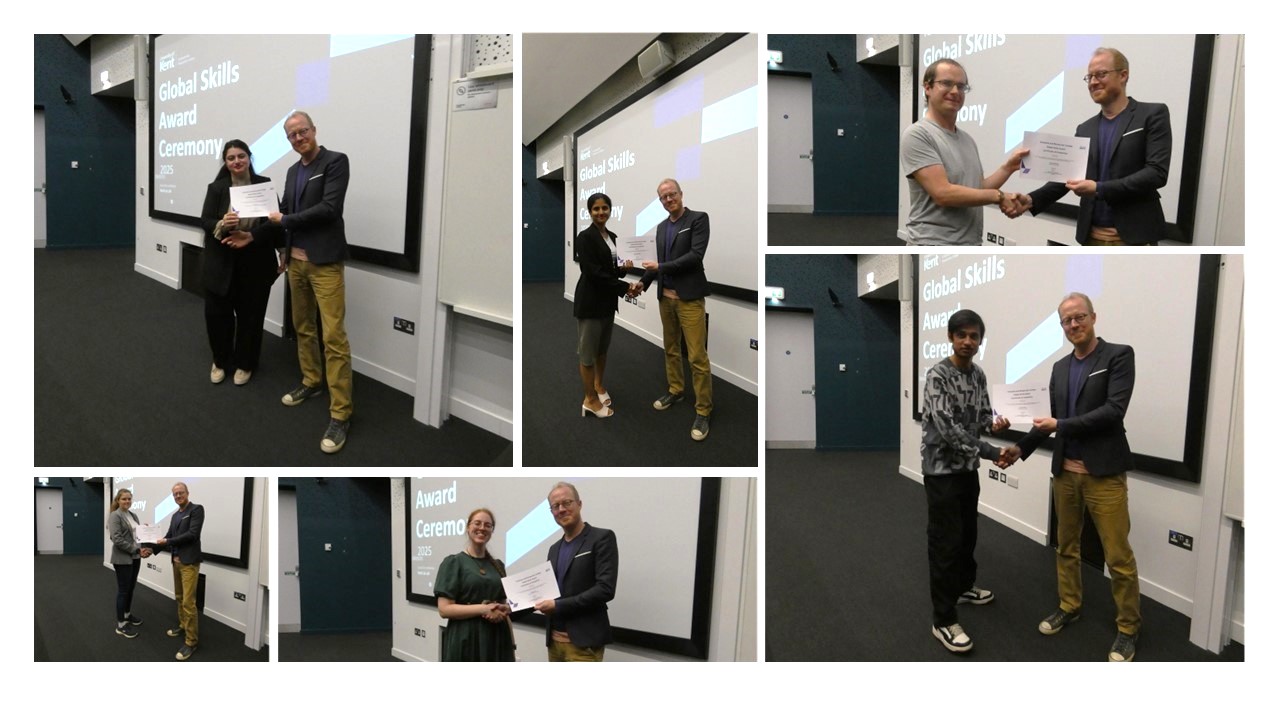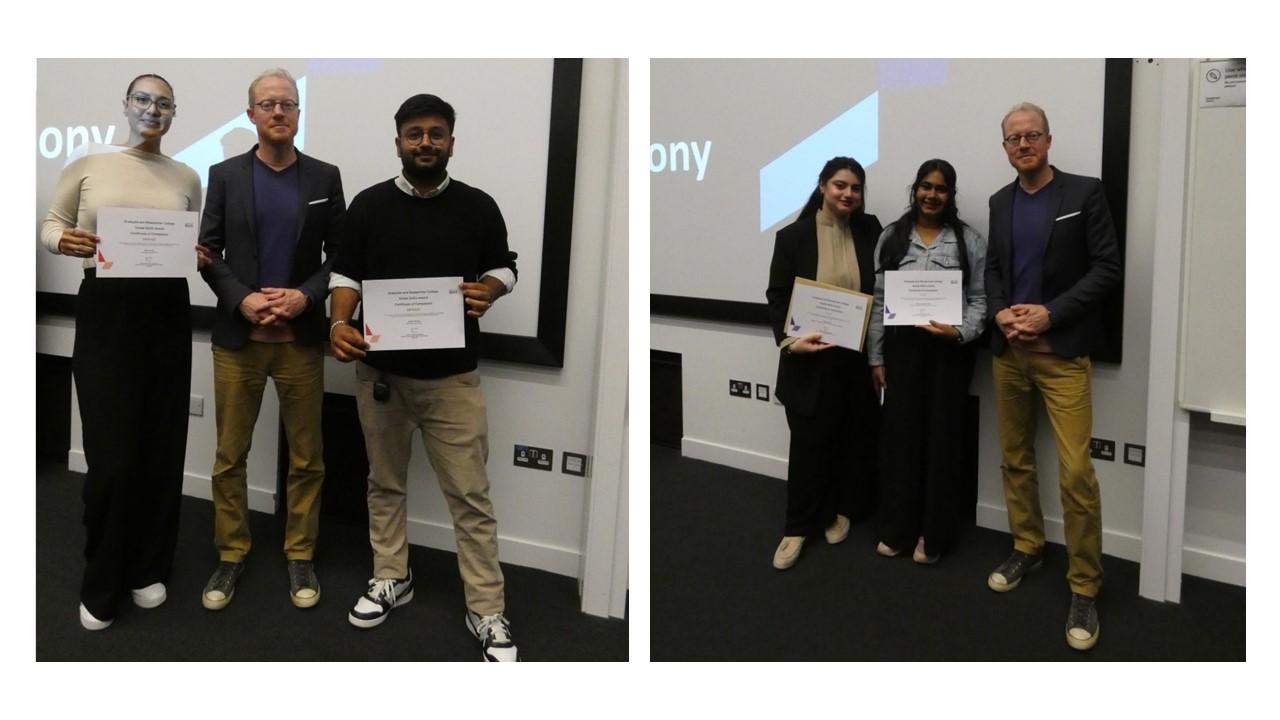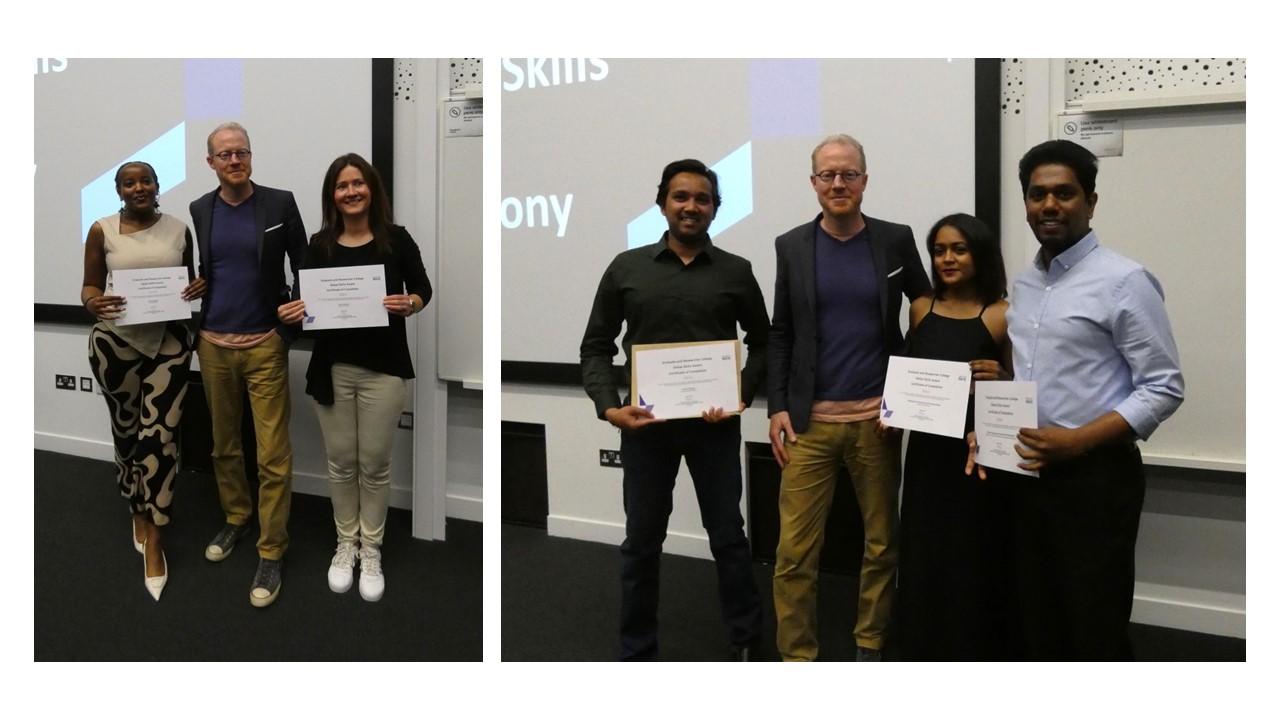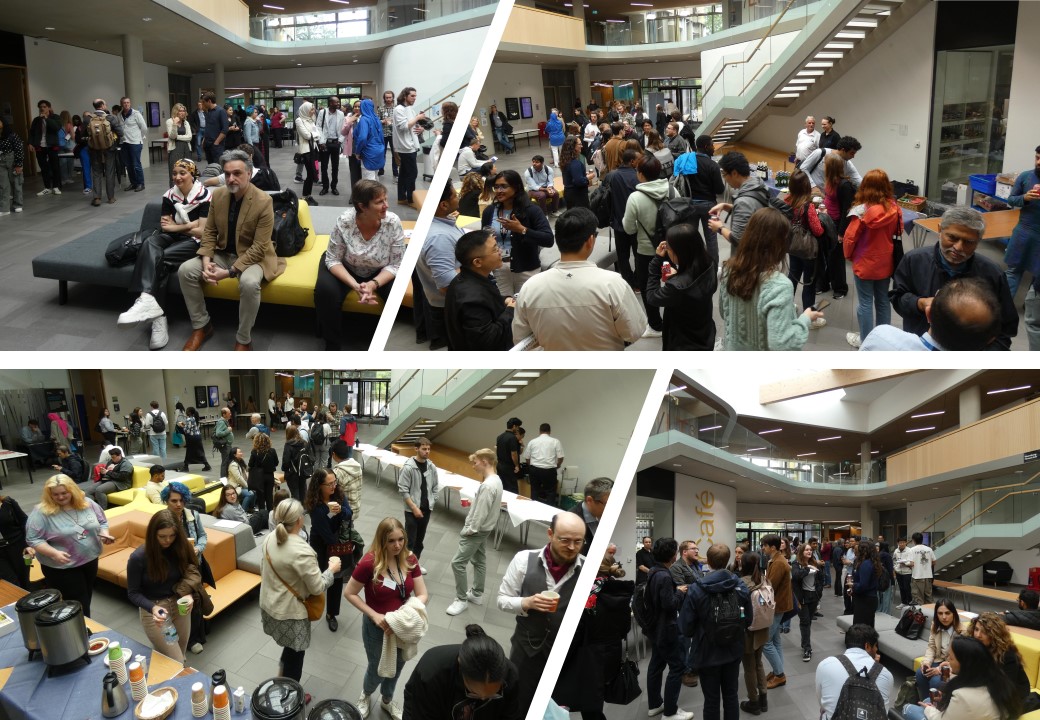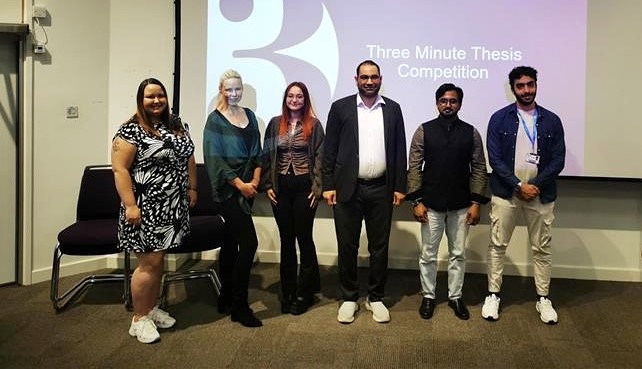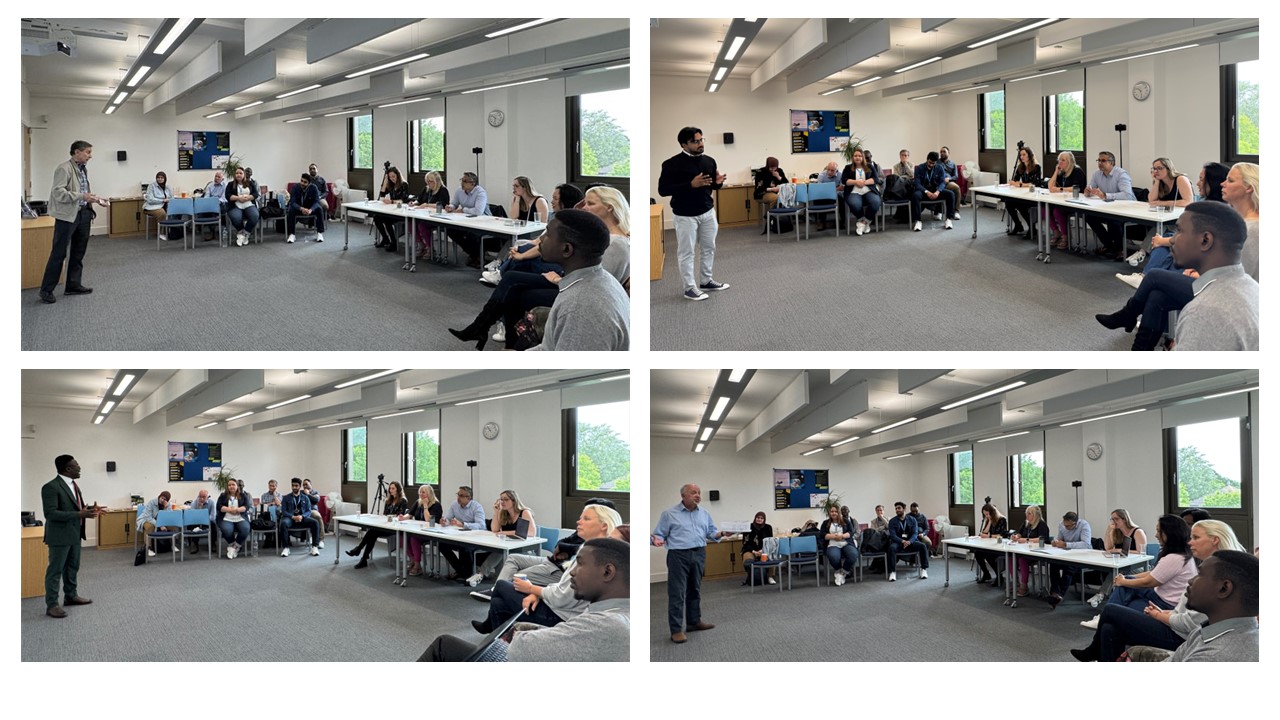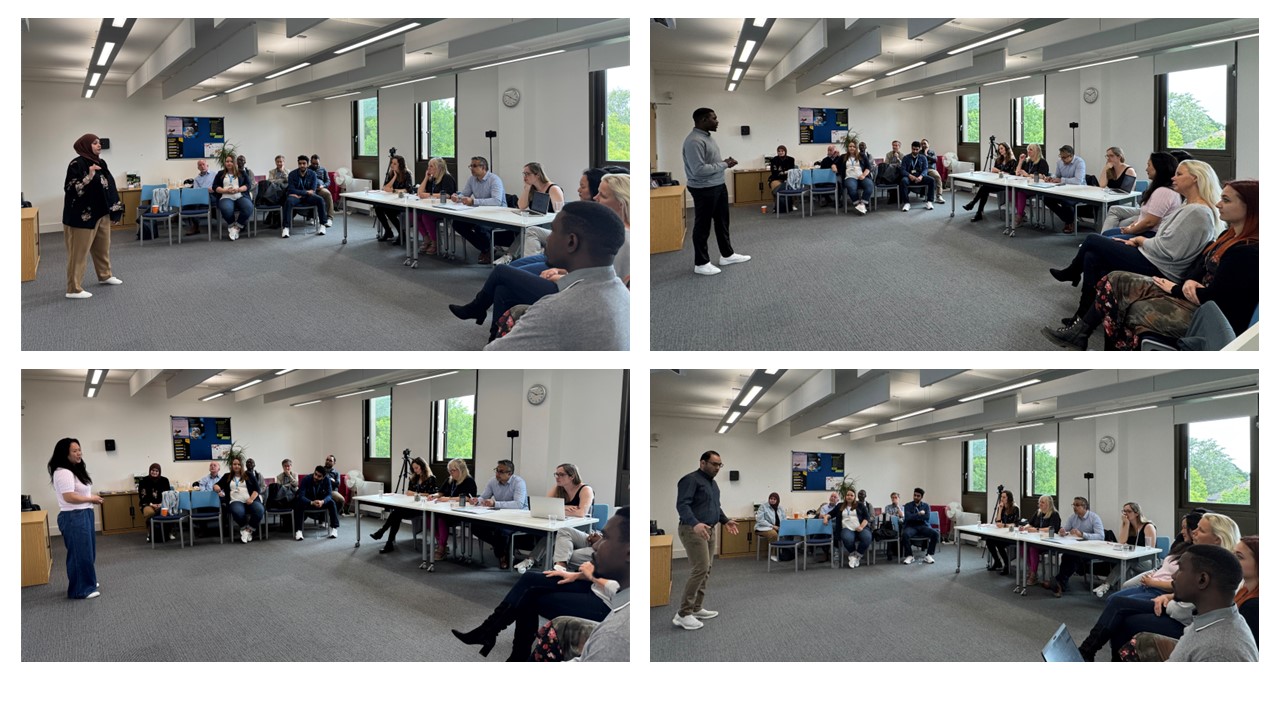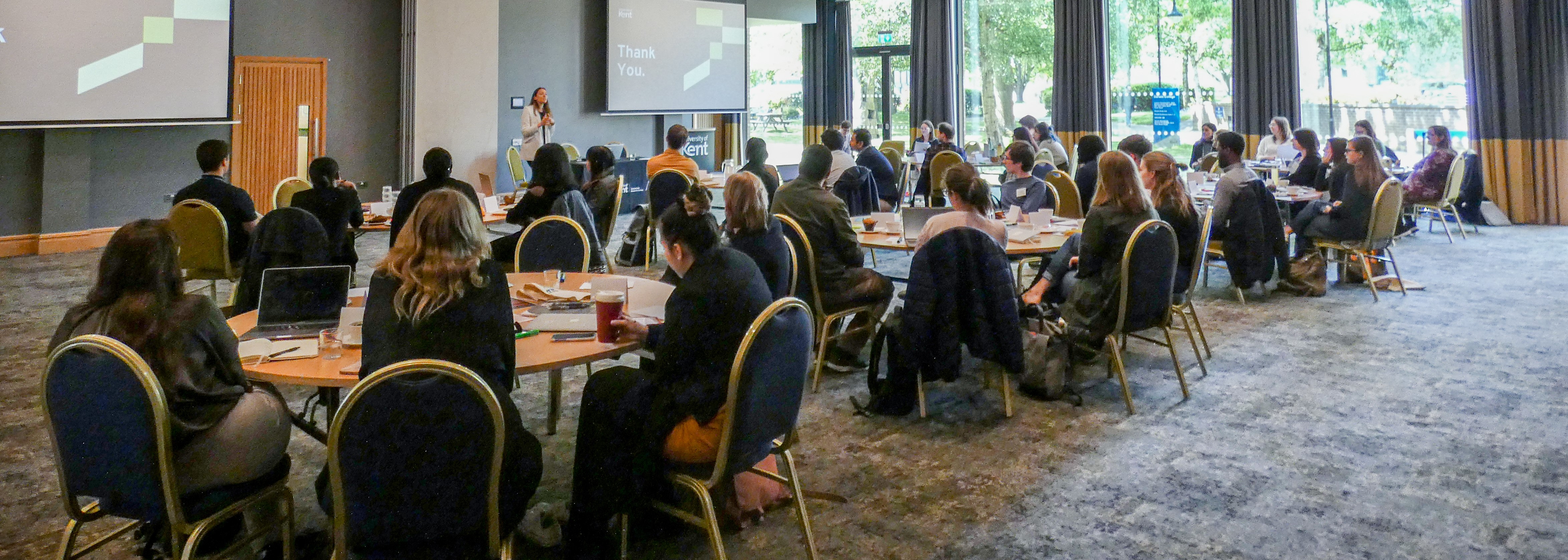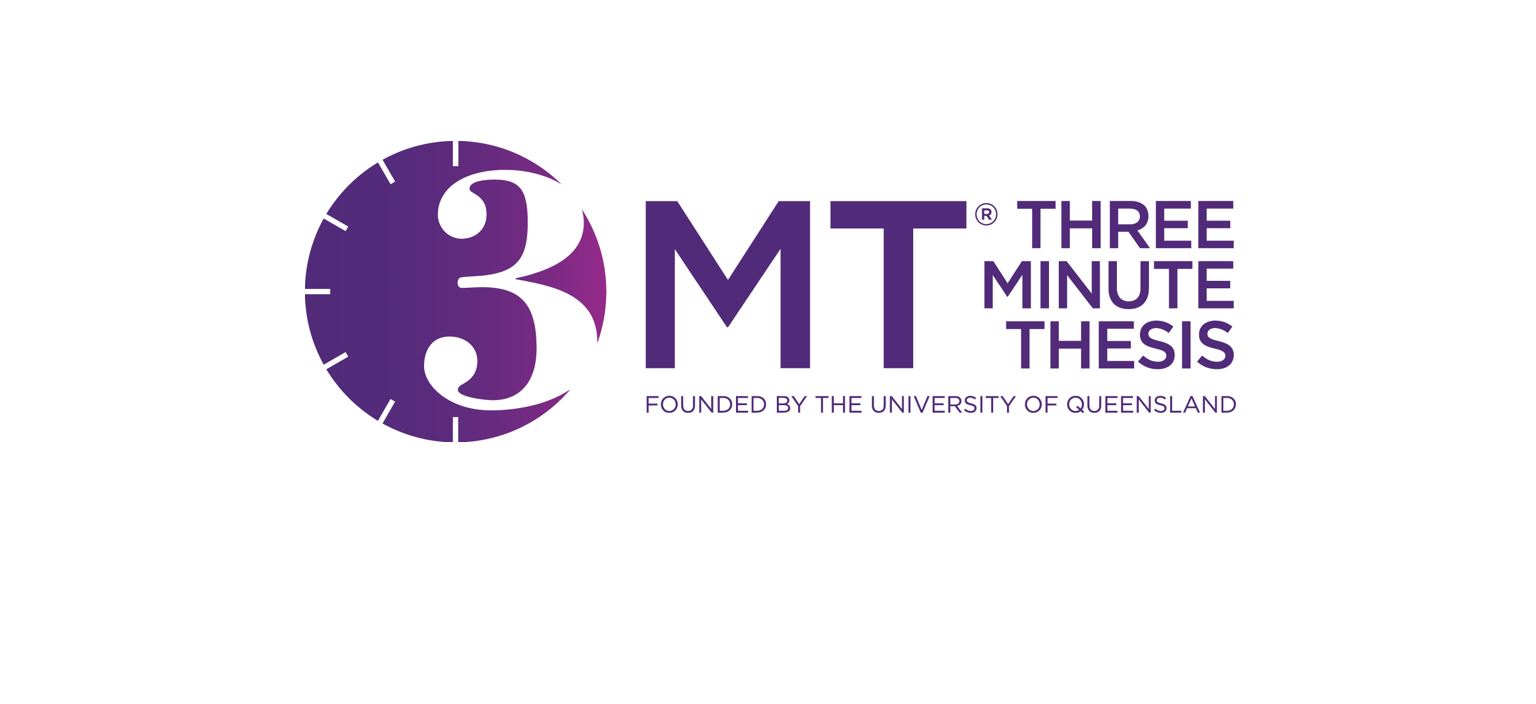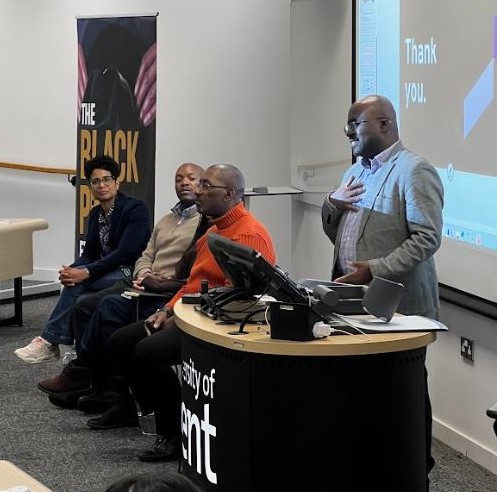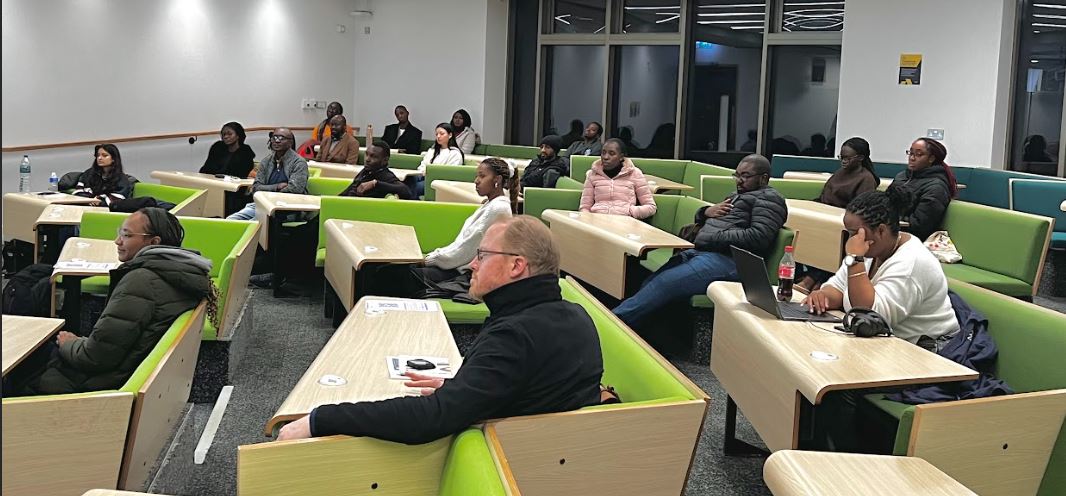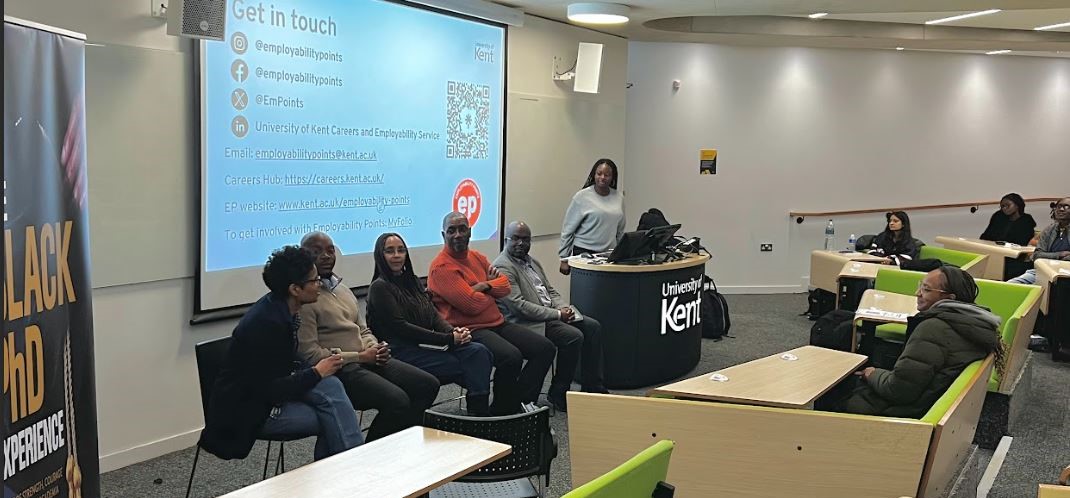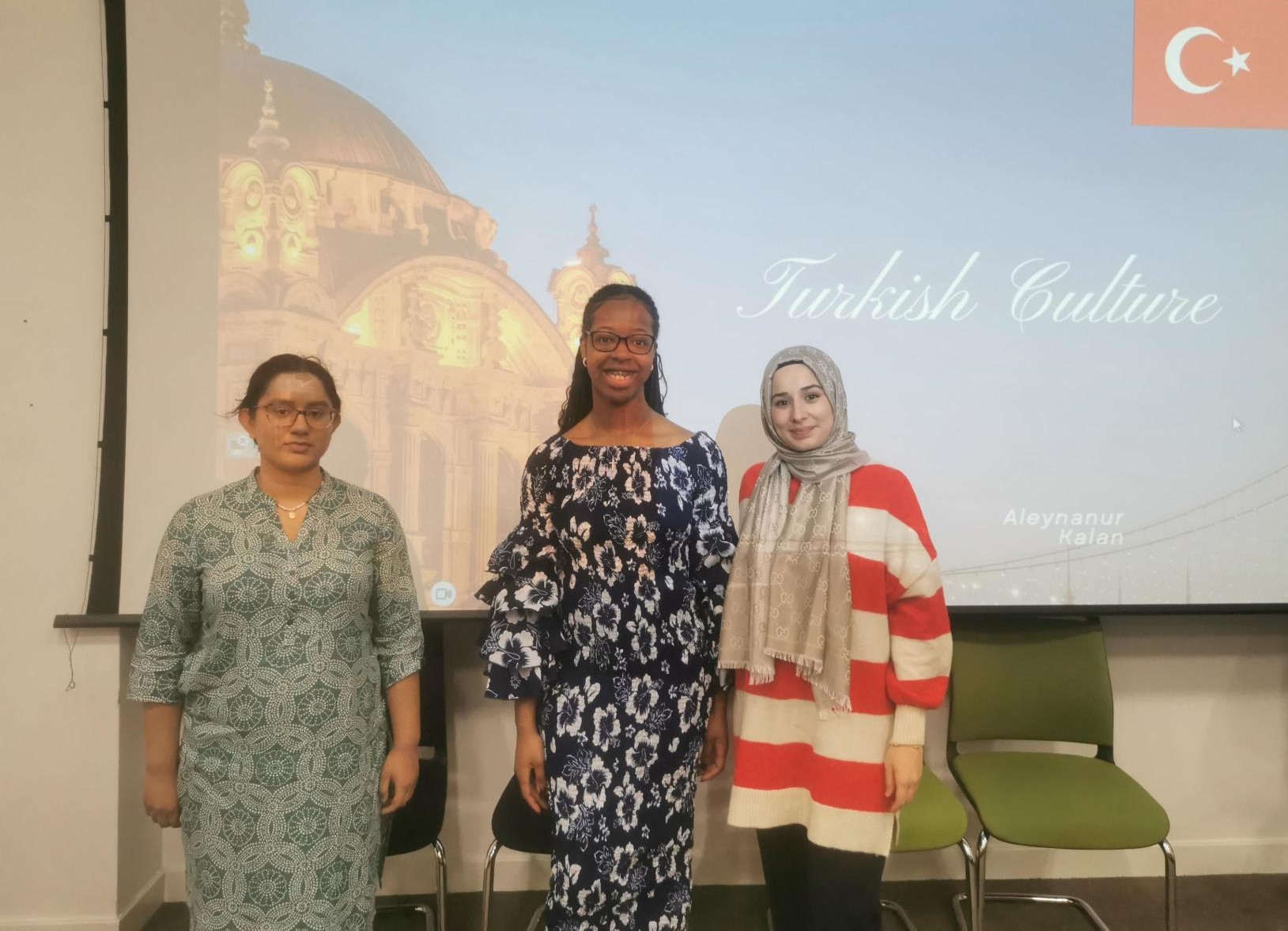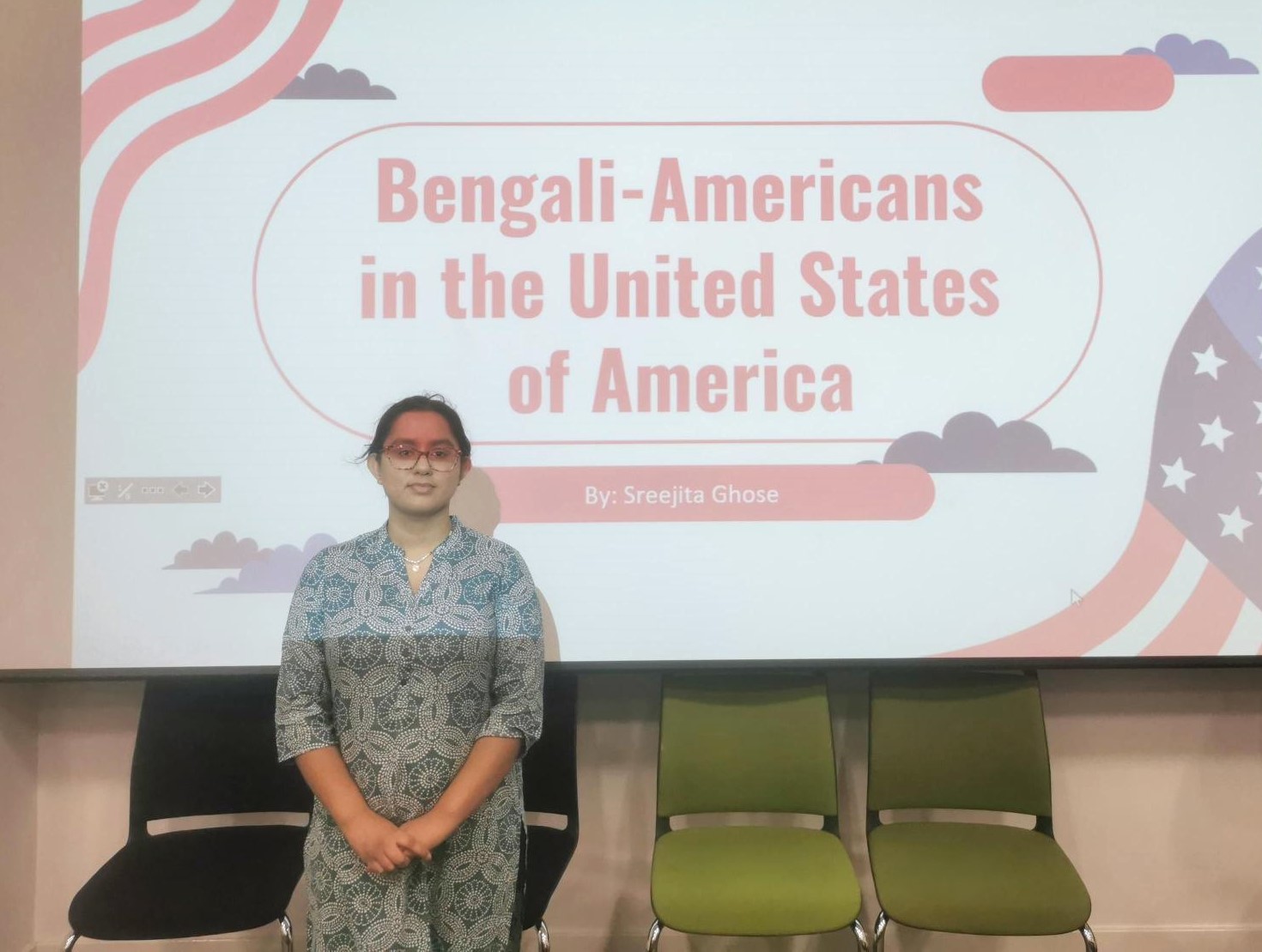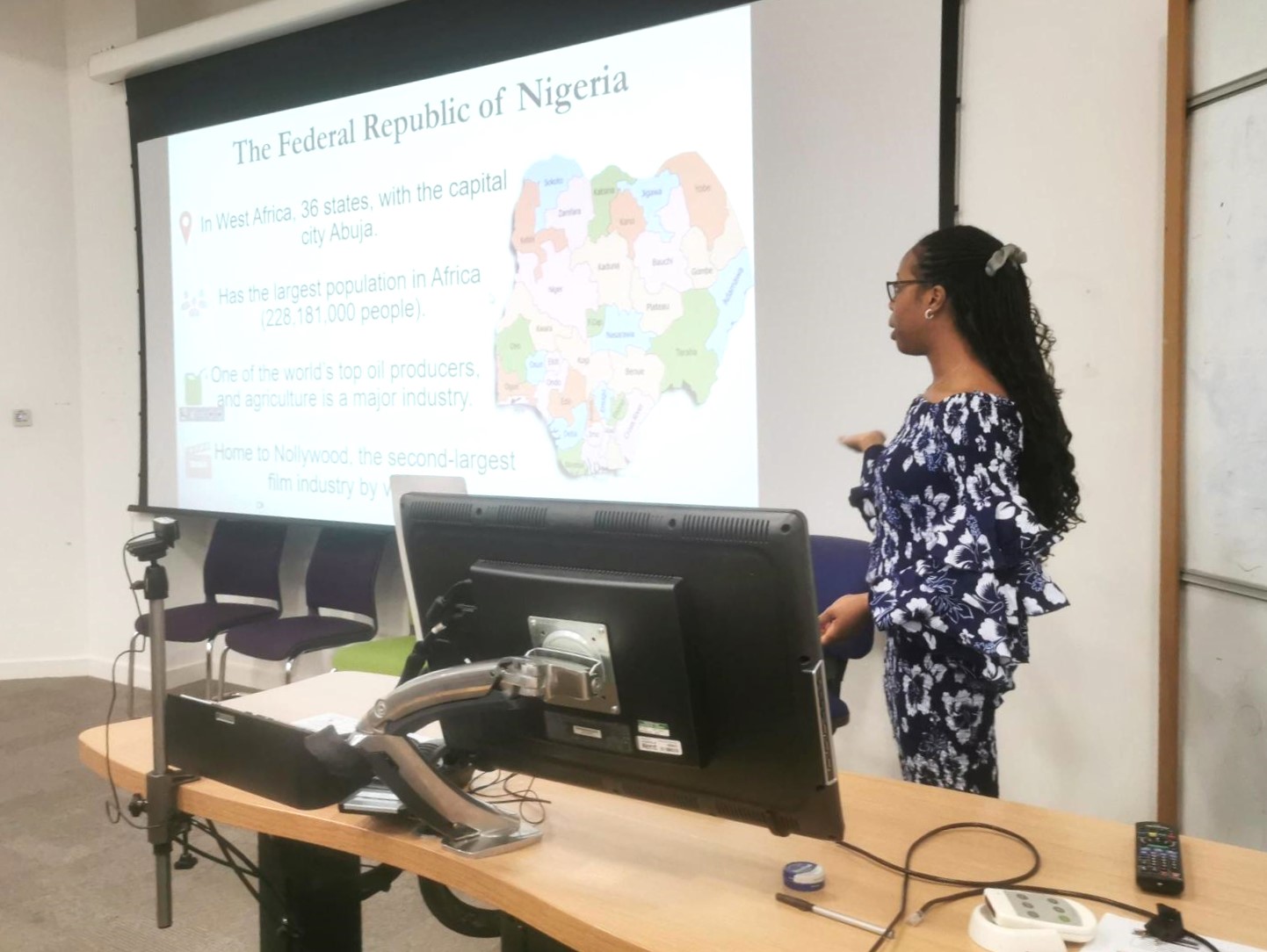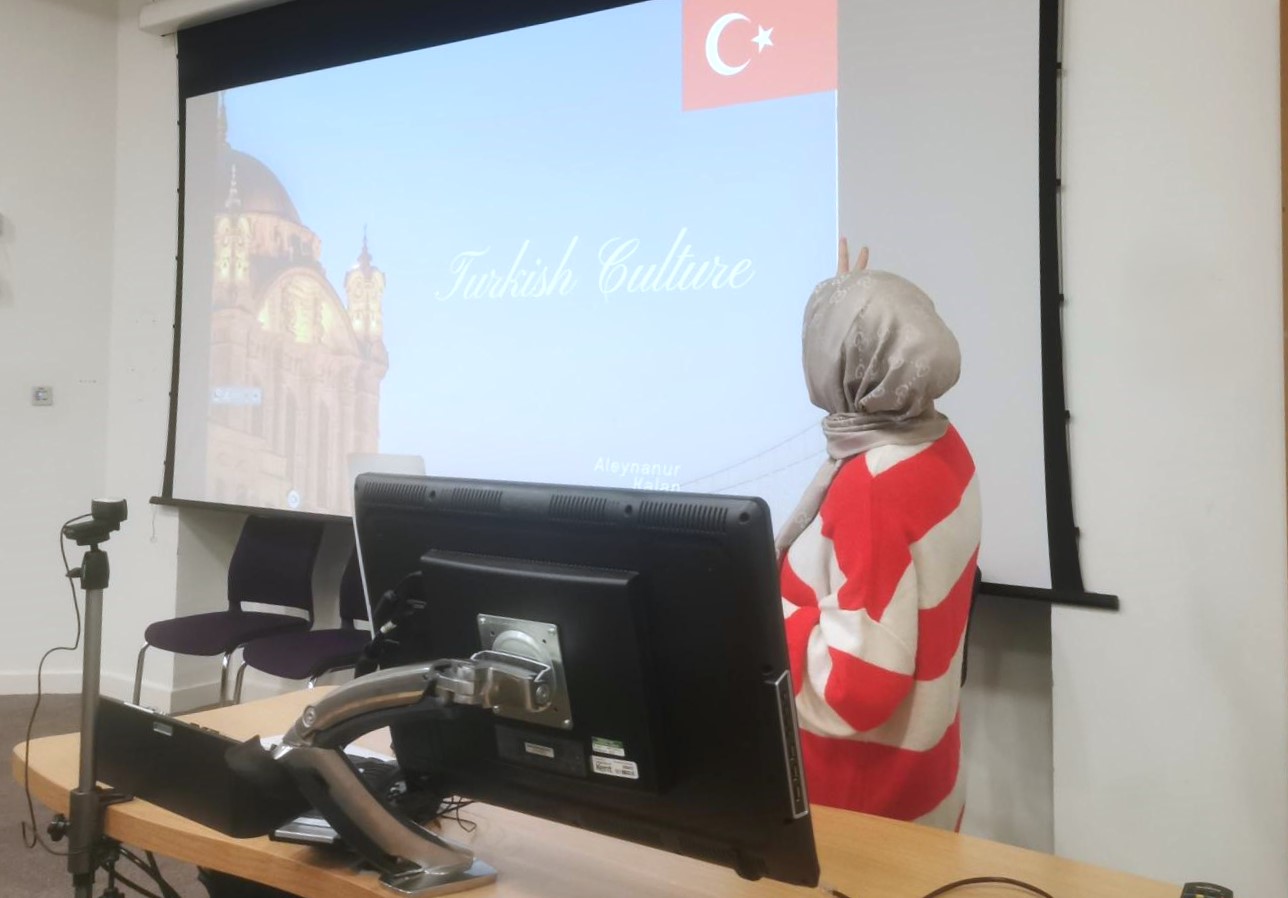We’re Back — and Building on Last Year’s Success!
Date: Tuesday 9 December 2025
Time: 10am–1pm
Location: CESR5
After the fantastic success of last year’s Winter Showcase, where postgraduate researchers shared inspiring presentations and posters and created valuable new connections, we’re delighted to announce the return of our PGR Winter Showcase 2025.
Join us on Tuesday 9 December, 10am–1pm in CESR5 for this year’s event — an exciting opportunity for all postgraduate researchers to celebrate, share, and explore the incredible research taking place across our community.
Based on your feedback, we’re continuing to create more spaces for postgraduate researchers to present their work and connect with others. Whether you’d like to give a short talk, display a research poster, or simply attend to listen and network, there’s something for everyone.
There will be the opportunity for 6 postgraduate researchers to present their work in 10-minute research talks — a great way to practice presentation skills and gain confidence ahead of future conferences or events.
If you’d prefer to showcase your research visually, there are spaces for 12 researchers to present a research poster, sparking discussion and collaboration with peers across disciplines.
To help you prepare, we’ll also be running an online ‘Producing a Research Poster’ workshop on 12 November, 10–12:30pm — perfect for anyone looking to refine their design and communication skills.
Let’s make this year’s Winter Showcase even bigger and better than before!
Sign-up to attend and/or present here.
